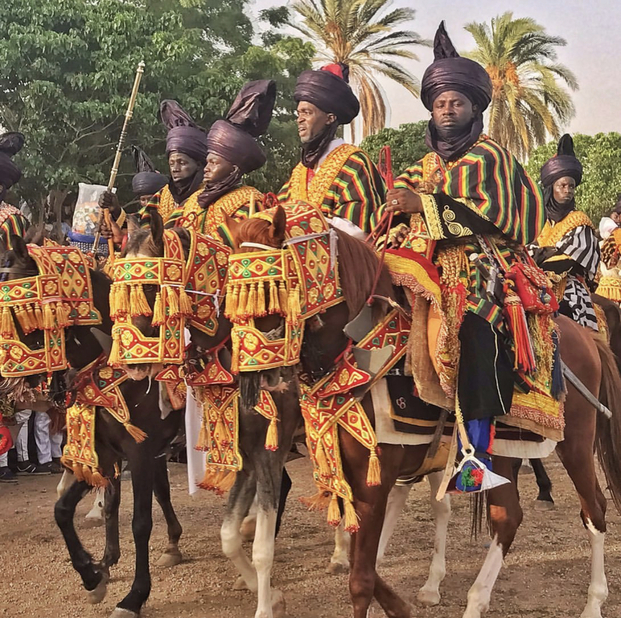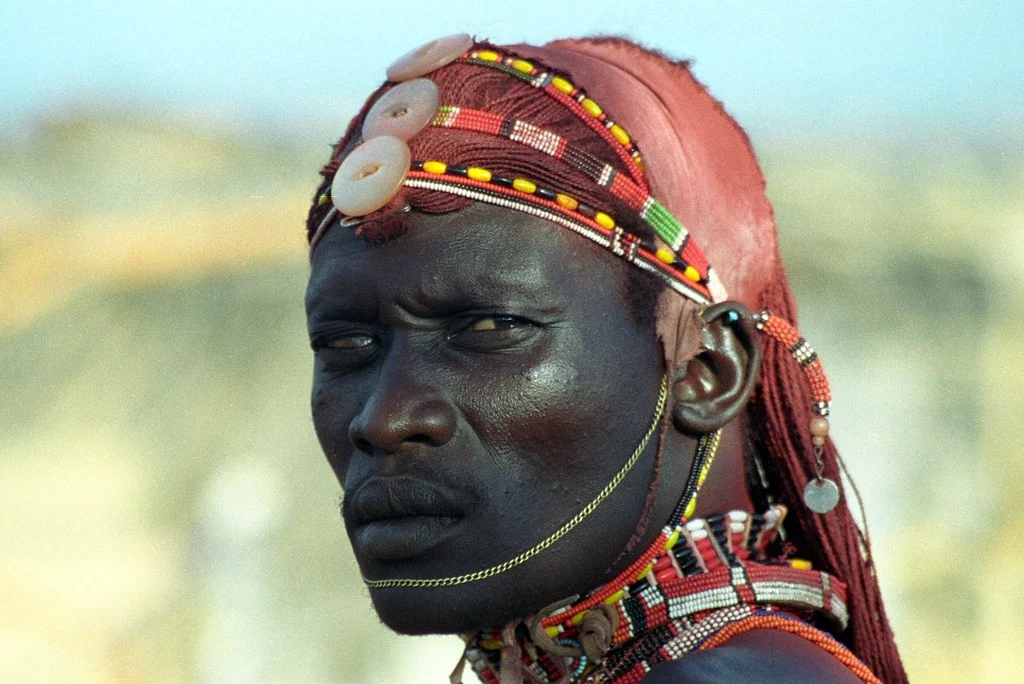A tribe is a group of people or an ethnic group consisting of several communities and families that have their own cultures, norms, social, political, and economic activities, and that have their own beliefs. Africa is one of the most famous continents known for having the highest number of tribes and the best cultural heritage ever. This is one among the many traits that make the continent unique and known across many parts and that also makes it a major tourist attraction, with people coming from all parts of the world. This does not only increase the cultural heritage of the specific country but also promotes a significant growth of the economy of that country. Africa’s rich cultural adversity and heritage have been there ever since the olden days after the evolution of man as different theories explain.
There are over 3,000 African tribes, each tribe having its own cultures and customs and each tribe speaking its language.
However, some cultures of different tribes have been eroded over time due to the adverse effects brought by modernization. For example, the Maasai tribe in Kenya and Tanzania traditionally practiced the act of female circumcision but with time this cultural practice has been discarded due to its effects on the individuals involved. Similarly, the Khoisan of Southern Africa have had their way of life greatly affected due to increasing modernization and urbanization.
Some cultures have highly been condemned by the law and therefore making some of them eroded over time. Despite the effects of modernization most of the tribes still hold on to their rich cultures and embrace them in their daily life and pass them on to the next generations.

What Is The Largest Tribe in Africa?
With Africa being home to over 3,000 tribes, some tribes are large in terms of population and also in terms of their cultural adversities. In addition, some of the tribes are minor, meaning that they are small in number and in terms of the distance that they occupy. This is an aspect that differentiates most of the tribes from the others and makes some known by many people across the world. African tribes were a result of migration from different parts whereby many tribes met, intermarried, and came up with new tribes and new languages over time.
The largest ever known tribe in Africa is the which is found in Nigeria. The total estimated population of the Hausa is over 70,000,000 people. The largest population is found in Nigeria while a small population of the rest lives in other countries. Other countries where the Hausa can be found include Benin, Niger, Togo, Sudan, Algeria, Chad, Ghana Togo, and Burkina Faso.
What Is The Oldest Known Tribe In Africa?
Every tribe in Africa has its duration in which it has been in existence. Some African tribes existed since the ancient days while others emerged in the modern days. The oldest known tribe in Africa is The San tribe. They are also believed to be the world’s most ancient tribes that are still in existence and that they are the first descendants of the earliest humans that were on the earth. Their most unique aspect is that they are expert hunters and gatherers and this is their main economic activity since their existence.

How Many Dialects Are There In Africa?
A dialect means a certain form of language that is used by a specific group of people or that is used in a certain area. Africa is ranked as the second continent with the biggest number of languages after Asia. Every tribe that is found in Africa has its type of language that they speak and that is unique in one way or the other.
Africa has 1600 to 2000 languages that are found across the whole continent. This, therefore, concludes that Africa is one of the continents that are highly linguistic. These languages came as a result of intermarriages between several tribes. For Example, intermarriage between the Arabs and the Bantus led to the emergence of the Swahili language.
How Many Languages Do Africans Speak?
Some African languages are official while others are spoken by a specific group of people. The most widely used language in Africa is Swahili language, spoken by the largest number of people. Africans speak more than 1,500 languages. Some of these languages include Yoruba, Fula, Oromo, Hausa, and Amharic languages.
What Is The Difference Between Ethnicity And Tribe?
Ethnicity simply means the act of belonging to a certain group of people that have their own cultures and traditions. On the other hand, a tribe is a group of people or an ethnic group that is made up of different communities or families that have their own cultures and norms.
What Are The Main Ethnic Groupings In Africa?
An ethnic group is a collection of people sharing the same cultures and traditions. Africa has over 3,000 existing ethnic groups, all speaking different languages and having different types of religions. The main ethnic groups in Africa include the Afroasiatic, Bantu, and Nilotic among many others. All African Ethnic groups are too many to be mentioned to completion.
- Afroasiatic
The Afroasiatic ethnic group is common in the Northern regions such as in the countries of Nigeria, Ethiopia, Eritrea, Morocco, Tunisia, and Eritrea among others. Afroasiatic languages are spoken widely in Africa, with over a million people speaking these languages.
- Bantu
The Bantus are one of the biggest ethnic groups found mostly in the Southern, Eastern, and Central parts of Africa. Bantus are believed to have migrated from the Western and Central parts of Africa. Several ethnic groups speak the Bantu language in Africa. The total population of Bantus in Africa is over one million individuals.
- Nilotic
They are found in the Nile valley and can be found in the countries of Kenya, Uganda, Tanzania, Sudan, Ethiopia, and Angola among others. The original homeland of the Nilotes before their migration was the Nile valley and they speak Nilotic languages.
- Others
The other ethnic groups that can be found in Africa include the Zulu, Somali, Oromo, Igbo, Fula, Shona, Yoruba, Hausa, Hutu, Amhara, Swahili, Maasai, Chewa, Mongo, Luo, and many more that cannot be exhausted when mentioned.

